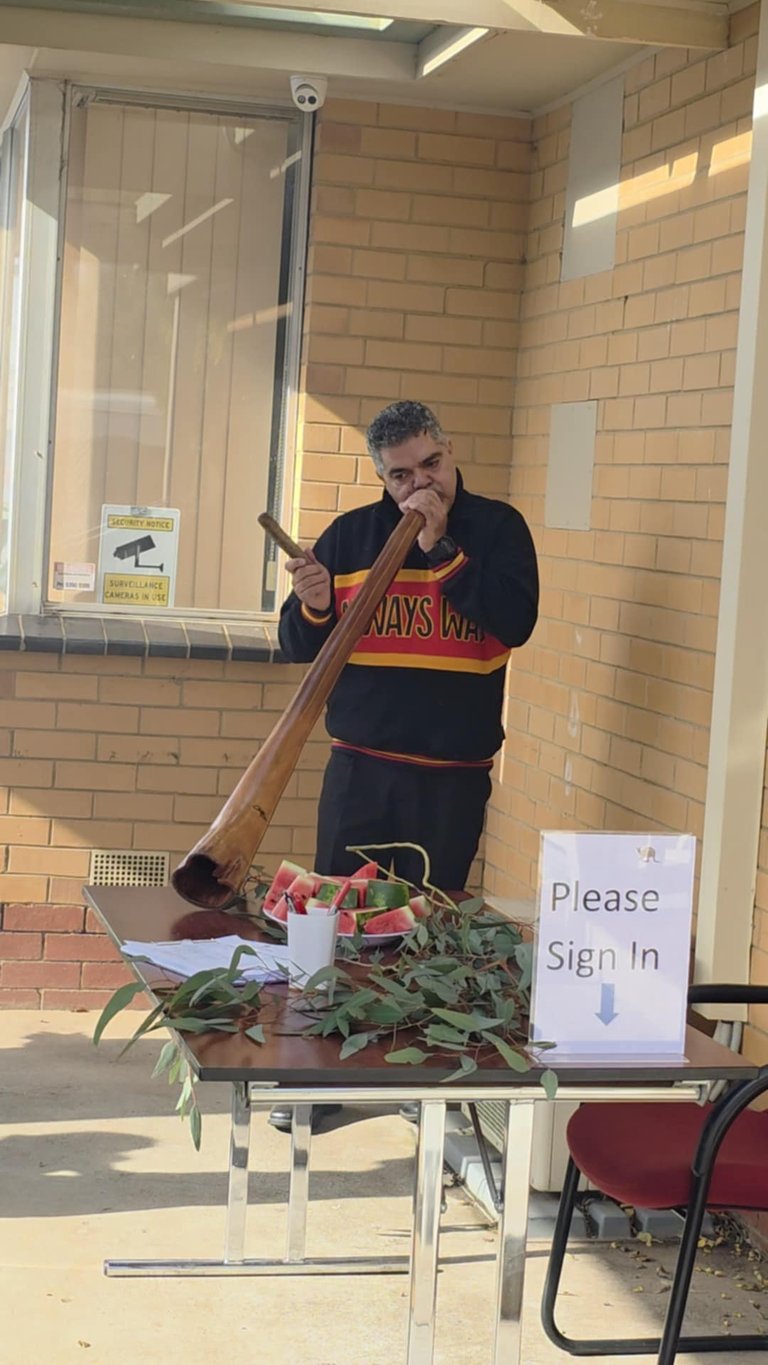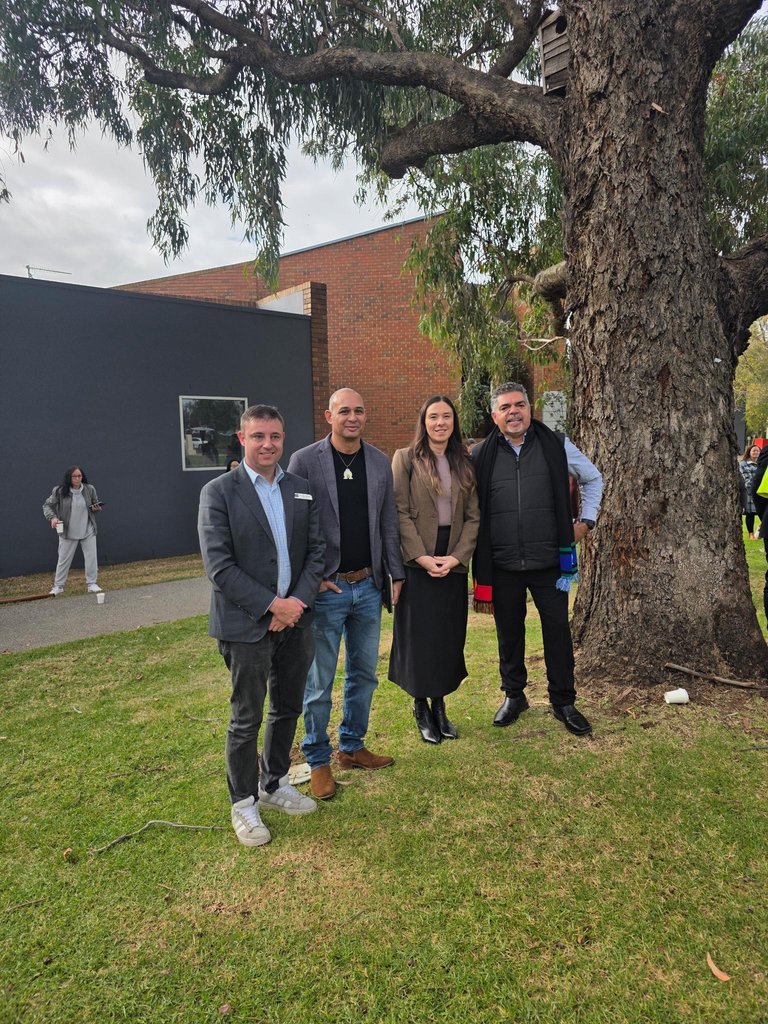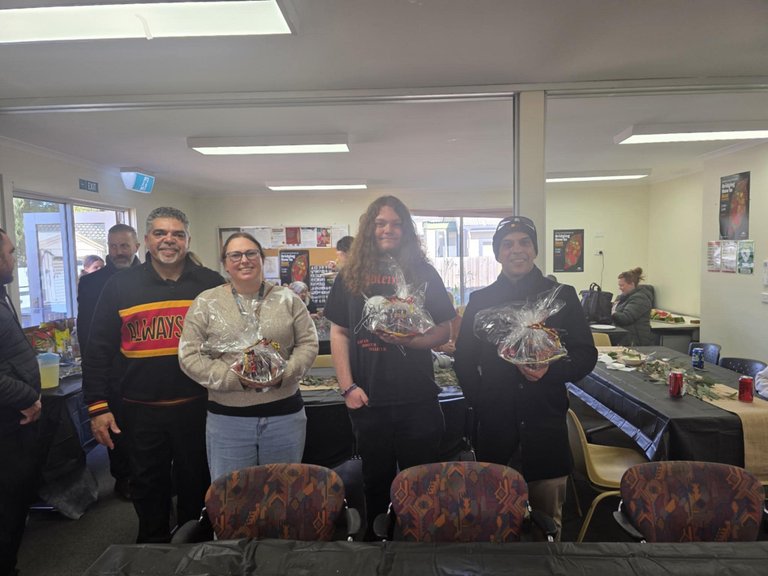Reconciliation Week: Bridging Histories, Building Futures Together

Reconciliation Week: Bridging Histories, Building Futures Together
Each year from May 27 to June 3, Australians come together to mark National Reconciliation Week a time for reflection, education and commitment to strengthening relationships between Aboriginal and Torres Strait Islander peoples and non-Indigenous Australians. These dates hold deep significance: May 27 commemorates the successful 1967 referendum that recognized Aboriginal and Torres Strait Islander peoples in the census, while June 3 marks the High Court’s landmark Mabo decision in 1992, which legally recognised Aboriginal and Torres Strait Islander land rights for the first time.

This year’s theme, “Now More Than Ever,” is a powerful reminder that the movement for reconciliation is not a fleeting moment, but a lifelong commitment. In the face of setbacks, division, and the slow pace of progress, “Now More Than Ever” calls on all Australians to stand firm in their resolve to create a just, equitable and united future. It urges us not to be silent when truth-telling is uncomfortable and not to be complacent when systemic inequality still exists.

A Legacy of Service: Cr Ashleigh Vandenberg
In communities across Australia, reconciliation takes many forms from education and cultural exchange to political leadership and grassroots advocacy. Few embody this spirit more strongly than Cr Ashleigh Vandenberg, the longest serving Aboriginal elected councillor in Victoria’s history. Her leadership is not only a testament to perseverance and dedication, but also a bridge between histories and communities First Nations and non-Indigenous alike.
Cr Vandenberg has worked tirelessly to ensure that Aboriginal voices are heard within the halls of local government, while also championing initiatives that benefit all Australians, regardless of background. Her work in the City of Melton and beyond highlights how Indigenous leadership enriches public life, offering new perspectives on governance, culture, and community.
Throughout her career, Ashleigh has focused on the importance of inclusive progress, guided by the belief that reconciliation is not just about addressing the past it’s about building a better future for everyone. Whether advocating for improved youth services, cleaner and safer neighbourhoods, or enhanced access to local sporting and cultural opportunities, she consistently frames her goals through a lens of shared prosperity and mutual respect.

The call of “Now More Than Ever” is in line with Cr Vandenberg’s leadership style. In an age where political discourse is often marked by division, her approach emphasizes unity and understanding. She engages directly with constituents knocking on doors, listening to stories, and collaborating across cultures to ensure no one is left behind.
Reconciliation Week is a time to celebrate such leadership, and to recommit to the values it represents: truth, justice, equity, and historical acknowledgment. It’s also a time to ask ourselves what more we can do to close the gap between Indigenous and non-Indigenous Australians. This includes supporting Indigenous voices in leadership, respecting Aboriginal and Torres Strait Islander cultures, and acknowledging the enduring connection to Country that First Nations peoples maintain.
Posted Using INLEO
Much respect to everyone who helps on the path to real reconciliation, and to the voices of Indigenous peoples who guide us with wisdom and patience.